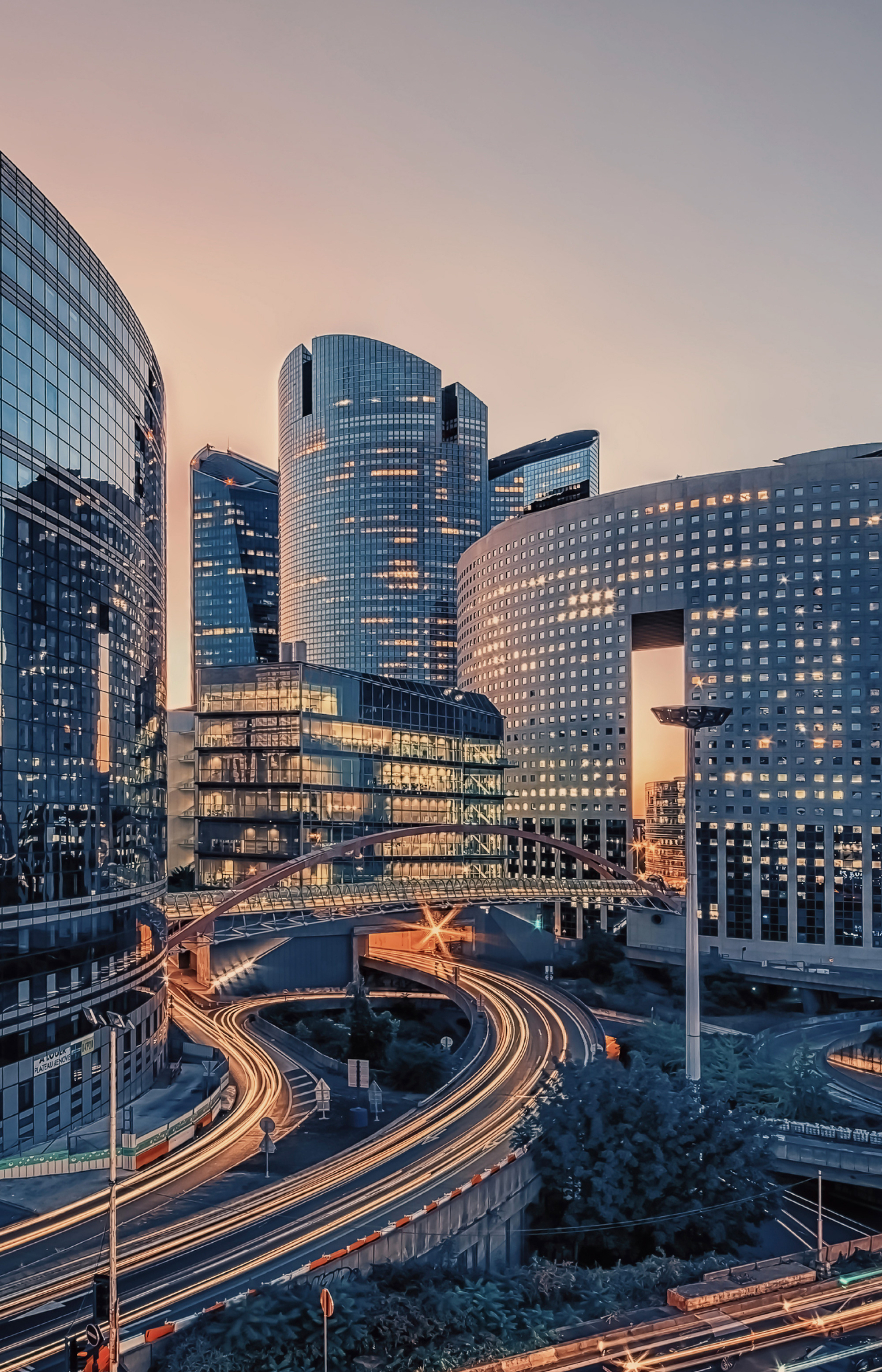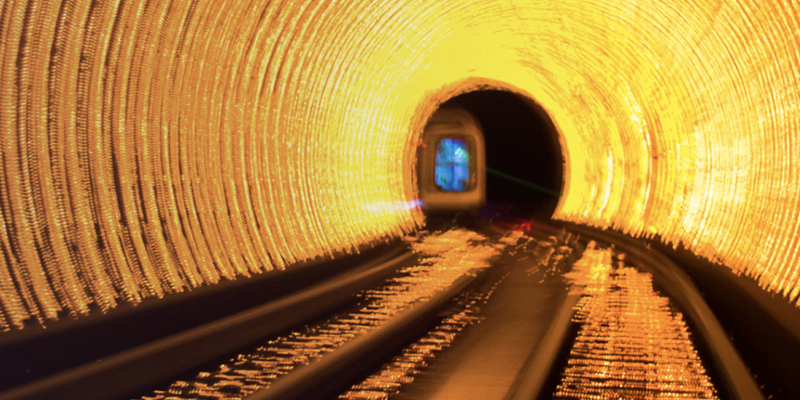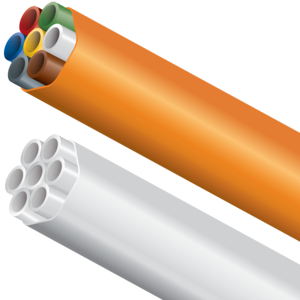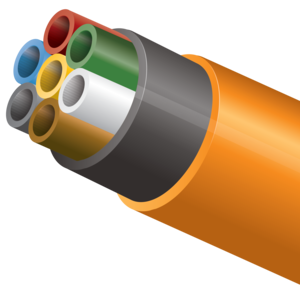Advantages of Modern Transportation
The original railways represented modernity. Moving people and products in bustling cities and all across the country. No competing form of transportation has had the economic and social impact that trains and subways represent. The concept of sharing common transportation space to the public advantage is still embraced. Technology has improved the amount of data that can be captured and relayed, keeping everyone safer as they travel.
Consolidating Resources
Trains established routine timetables for arrivals and departures, but with the emergence of automobiles and the highway system, travelers were able to make trips at their own convenience. However, growing cities are rediscovering why larger cities have invested in light rail or tram systems. Besides the many environmental advantages, mass transit options consolidate resources making them more efficient.
A Wise Investment
Railways brought prosperity to the communities that organized around them. Jobs, expenditures, travelers, goods, and services went elsewhere if a community prevented a line, bridge, rail station, road or exit. Those cities and towns and were essentially left behind. The modern trend toward urbanization is amplifying the need for more public transportation options and a massive reinvestment in existing infrastructure, such as railways, roads, and tunnels.
INFRASTRUCTURE INVESTMENTS
Generally, such massive undertakings require the government spending to fund the planning and construction of rail systems and tunnels. Civil engineers and construction firms understand the critical components of the amount of time a project requires, the amount of labor and materials needed, land excavation, construction staging, and proper machinery.

Rails
Many railway paths are used for long haul fiber broadband connections, as well as long haul cargo transportation. Railroad crossings and yards use fiber to activate signals and move containers and track cars. Equipment talks over fiber connections.
Tunnels
Tunnels save time, but require specialized conduit because of the confined space. Fiber transmits the data about these underground locations through a network of various types of conduit, including Low Smoke Zero Halogen. Because of the unique ventilation conditions, tunnels use shafts and powered fans to remove toxic exhaust gases during routine operation. Larger, heavily used tunnels, often have a dedicated 24-hour manned operations center which monitors and reports on traffic conditions, and responds in the event of an emergency. Video surveillance equipment is often used, and real-time pictures of traffic conditions, some of which are viewable by the general public via the Internet. In an emergency situation, such as a fire, the enclosed space of a tunnel increases the dangers of carbon monoxide and smoke which are highly toxic. The primary focus is on providing breathable air to persons trapped in the tunnel, as well as to firefighters.








